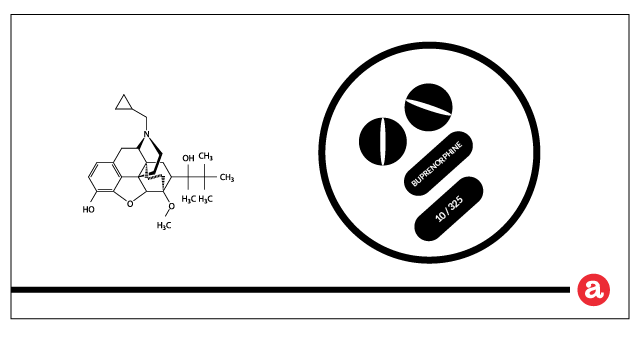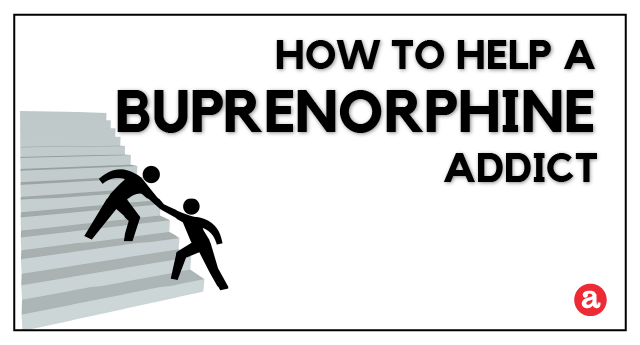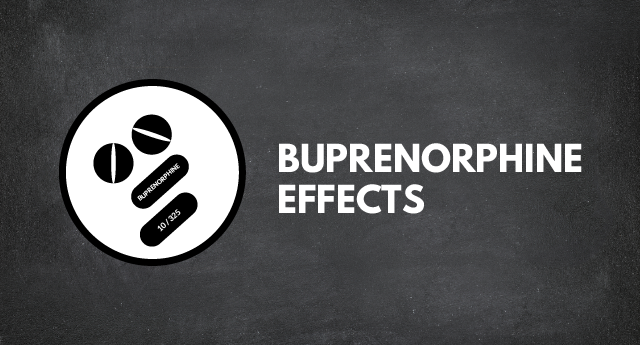Need help for a buprenorphine problem? Learn some basics about withdrawal, physical stabilization, and mental health cou ...


Evidence-based descriptions of the most popular Rx drugs and their effects. The full spectrum of prescription drug use from habit to addiction.
As a semi-synthetic drug, Buprenorphine is used to treat chronic and severe pain and to help recovering opiate/opioid users avoid withdrawal. But, is it addictive? Find out here:

Need help for a buprenorphine problem? Learn some basics about withdrawal, physical stabilization, and mental health cou ...

Are you struggling with buprenorphine addiction? Drug problems can be treated. Help is available. Find out how you can t ...

It is never recommended to stop taking buprenorphine abruptly or without a consultation with you doctor. Read more about ...

How can opioid or opiate dependence be treated with a prescription for another opioid? More here. ...

Yes, Bunavail is generally a safe medication. Used for the treatment of opiate and opioid dependence, learn more basic i ...

Basic Bunavail prescribing information with a description of the PROs and CONS of use. ...

Yes. Suboxone can treat opiate addiction by preventing symptoms of withdrawal from heroin and other opiates. More on thi ...

Possibly. Subutex contains buprenorphine hydrochloride, which can trigger opioid-like euphoria. While difficult to admi ...

Buprenorphine, a main ingredient in Bunavail, can be detected for up to two weeks at typical doses. However, the detecti ...

A list of buprenorphine effects on the brain, body, and different body systems. ...

HOW OUR HELP LINE WORKS
For those seeking addiction treatment for themselves or a loved one, the Addictionblog.org helpline is a private and
convenient solution.
Calls to any general helpline (non-facility specific 1-8XX numbers) for your visit will be answered by
American Addiction Centers (AAC).
Caring admissions consultants are standing by 24/7 to discuss your treatment options. These representatives work
solely for AAC and will discuss whether an AAC facility may be an option for you.
Our helpline is offered at no cost to you and with no obligation to enter into treatment. Neither Addictionblog.org
nor AAC receives any commission or other fee that is dependent upon which treatment provider a visitor may
ultimately choose.
For more information on AAC’s commitment to ethical marketing and treatment practices, or to learn more about how to
select a treatment provider, visit our About AAC.
If you wish to explore additional treatment options or connect with a specific rehab center, you can browse top-rated listings, visit our homepage and browse by state, or visit SAMHSA.
Comments